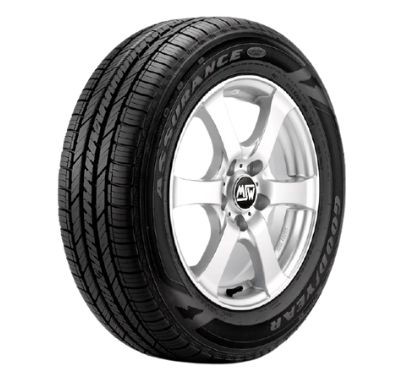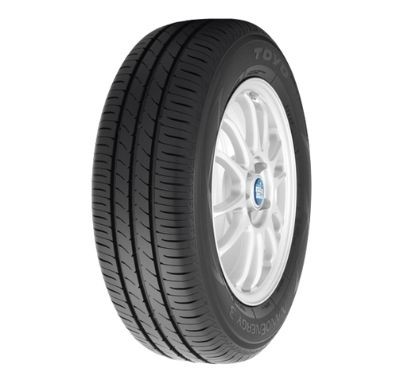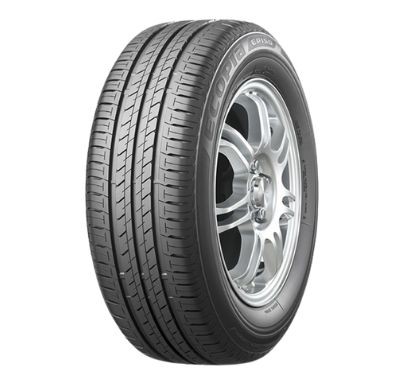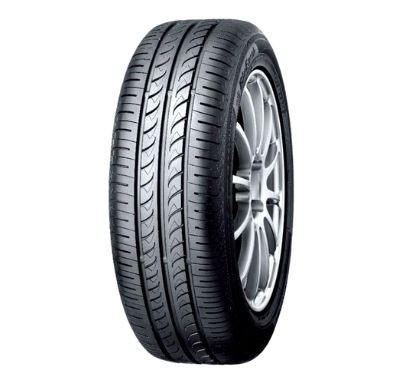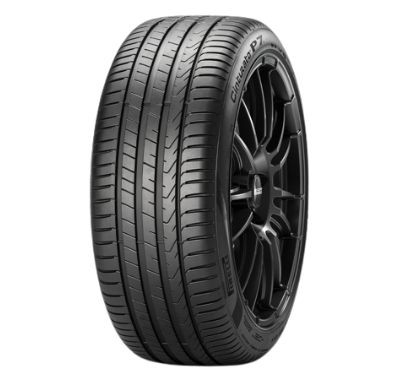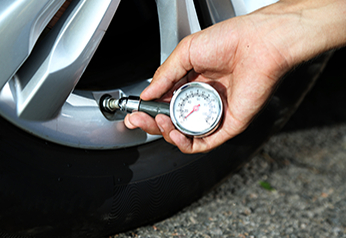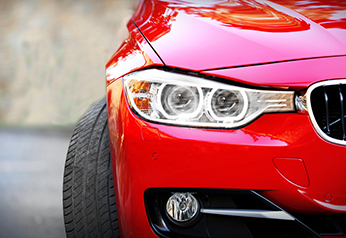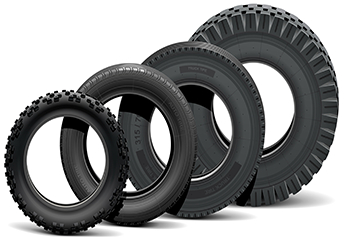
Save Cash With Fuel Efficient Tyres
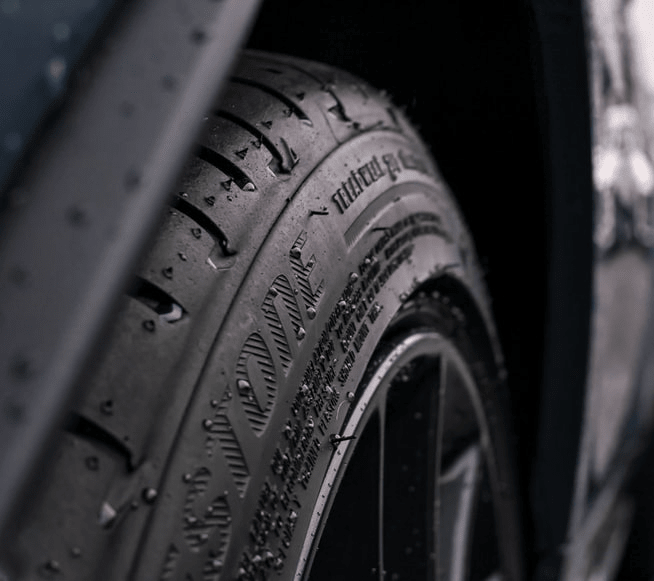
With petrol prices forever increasing, drivers like you constantly look for ways to save money at the pump.
One way to save a substantial amount of cash while filling your car up is to buy the right tyres. Many are not aware that tyres have a huge impact on how much money you spend on petrol.
In this article, we'll discuss how tyres affect fuel consumption and get tips on how to save money by saving your tyres.
What is a Fuel Efficient Tyre?
Fuel-efficient tyres are designed to consume less petrol. Also known as eco-friendly tyres or energy-saver tyres, they are fuel-efficient due to the following:
- They are made with specially formulated tread compounds that make them grip the road but lessen drag and friction.
- They come with innovative tread pattern designs that encourage efficient rolling.
- They are more streamlined and aerodynamic to lessen friction and drag.
- They are stiffer and rigid to retain their shape longer.
How do tyres affect fuel efficiency?
Tyres influence fuel efficiency in the following ways:
1. Tyre friction or rolling resistance
Rolling resistance is the force of friction between your tyre and the road when moving. When there is a higher level of rolling resistance, your vehicle will need more engine power to move it forward. To increase engine power, you'll have to use more petrol. The more petrol, the higher carbon emissions you will produce.
If your tyre is eco-friendly and designed to have less rolling resistance, your tyre won't need as much power to fight against friction with the road. You'll use less petrol and produce fewer emissions.
2. Tyre tread pattern
A tyre's tread pattern design can affect fuel efficiency.
The more aggressive your tread design like in off-road tyres, the higher rolling resistance and you'll need more petrol. However, for shallow and smother tread patterns like those found in racing tyres you'll need less petrol and save more since you won't need that much petrol.
3. Tyre size and weight
The larger and heavier the tyre, the more fuel you'll need to move it forward. This is why All-terrain and mud-terrain tyres are not as fuel-efficient as every day, highway terrain or urban traffic tyres.
But this is not a hard rule. It also depends on the driving conditions. Smaller tyres are perfect in urban, start-stop traffic situations because you won't need to rev your engine - and step on the fuel pedal - so much to move your tyre again.
But for a long road trip, a larger sized tyre is the better option; you won't need as much power as you would if you were driving with a smaller tyre because it is large enough to cover a greater distance with less effort.
4. Tyre quality
If your tyre is brand new, it is more fuel-efficient than an older tyre with worn-down tread. Worn out and uneven tread means your car needs to work harder to pull itself forward.
5. tyre pressure
If you have the wrong tyre pressure, expect to use more fuel - or worse, suffer an accident from an unexpected blowout.
When you have too little air in your tyres or low tyre pressure, more of the tread will be touching the ground, making your tyre heavier, increasing its rolling resistance and forcing you to use more fuel.
On the other hand, too much air in your tyres or higher tyre pressure distorts the shape. You'll have less of your tyre touching the ground, decreasing grip and traction and the centre of your tyre will wear down faster.
6. Wheel alignment
Misaligned wheels will increase overall rolling resistance because your tyre will not be in its optimal position. Get your wheels aligned regularly not just to save petrol but to also save your suspension and your brakes too.
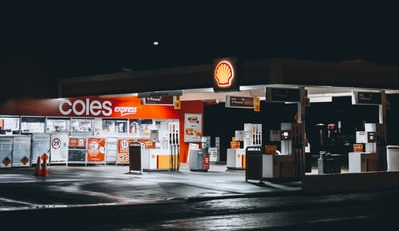
Maintain your tyres to encourage fuel economy.
-
Correct Air Pressure
Ensure that your tyre pressure is always at the correct level for safety and fuel savings. - Uneven wear
Avoid uneven tread wear by rotating your tyres regularly and to catch any suspension problems early. - Practice "eco-friendly" Smooth driving
Avoid sudden acceleration and deceleration to decrease your fuel usage and to prevent premature tread wear. - Drive light
Having extra weight in your vehicle increases fuel consumption, so remove any non-essential items from your vehicle on a regular basis. - Manufacturer's recommendations
Maintain your car according to the manufacturer's instructions.
In Conclusion
Having fuel-efficient tyres is surely the way to go, especially in these times of impending environmental crisis.
Maintaining your tyres properly will also help you save both your money in petrol savings as well as the environment by lowering the C02 emissions on your daily drive.
If you are in the market for a new set of tyres, check out some of Tyroola's best-selling Fuel Efficient tyres.
Tyroola carries a wide range of eco-friendly green-model tyres from some of the world's best tyre brands. Some of these tyres include:
